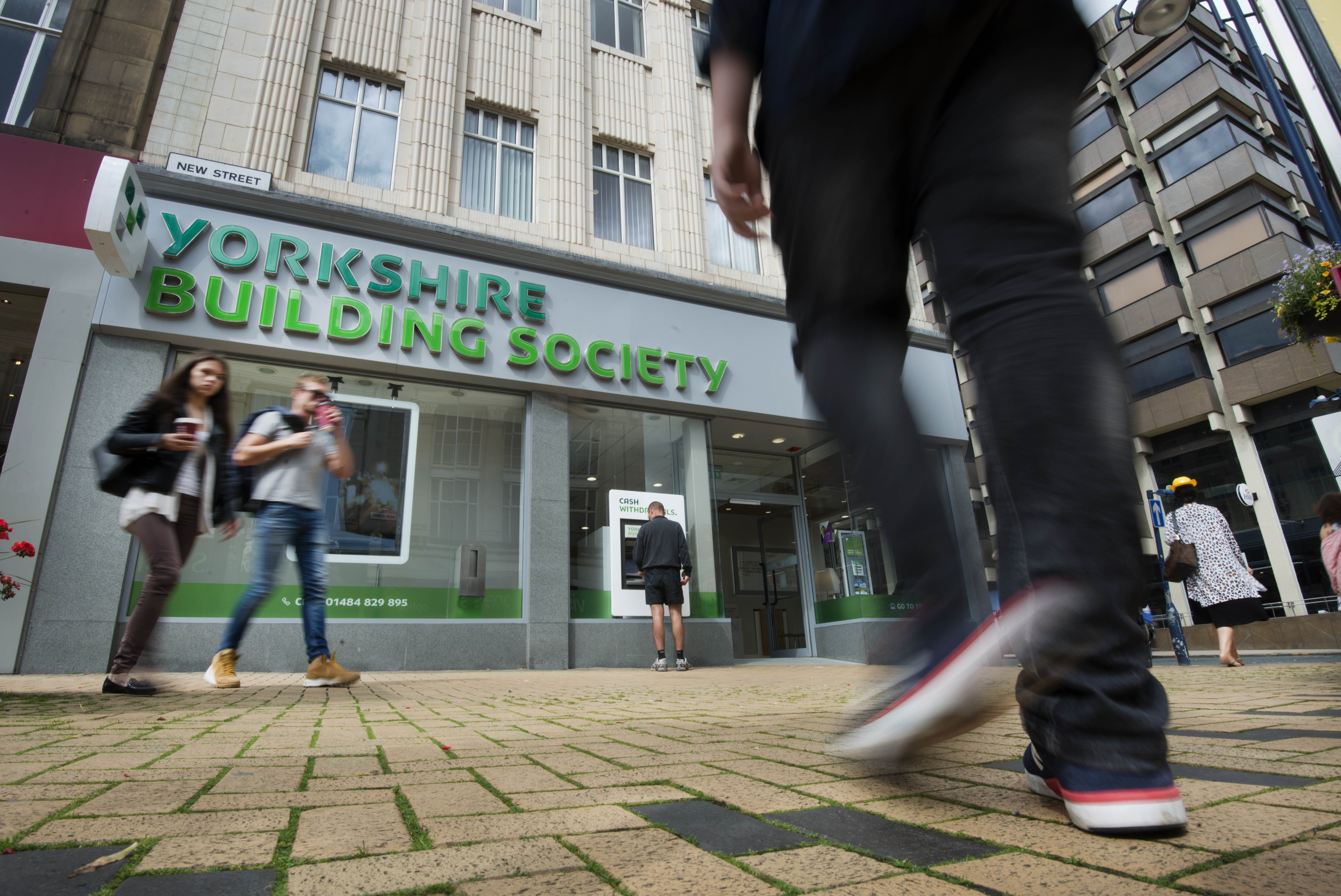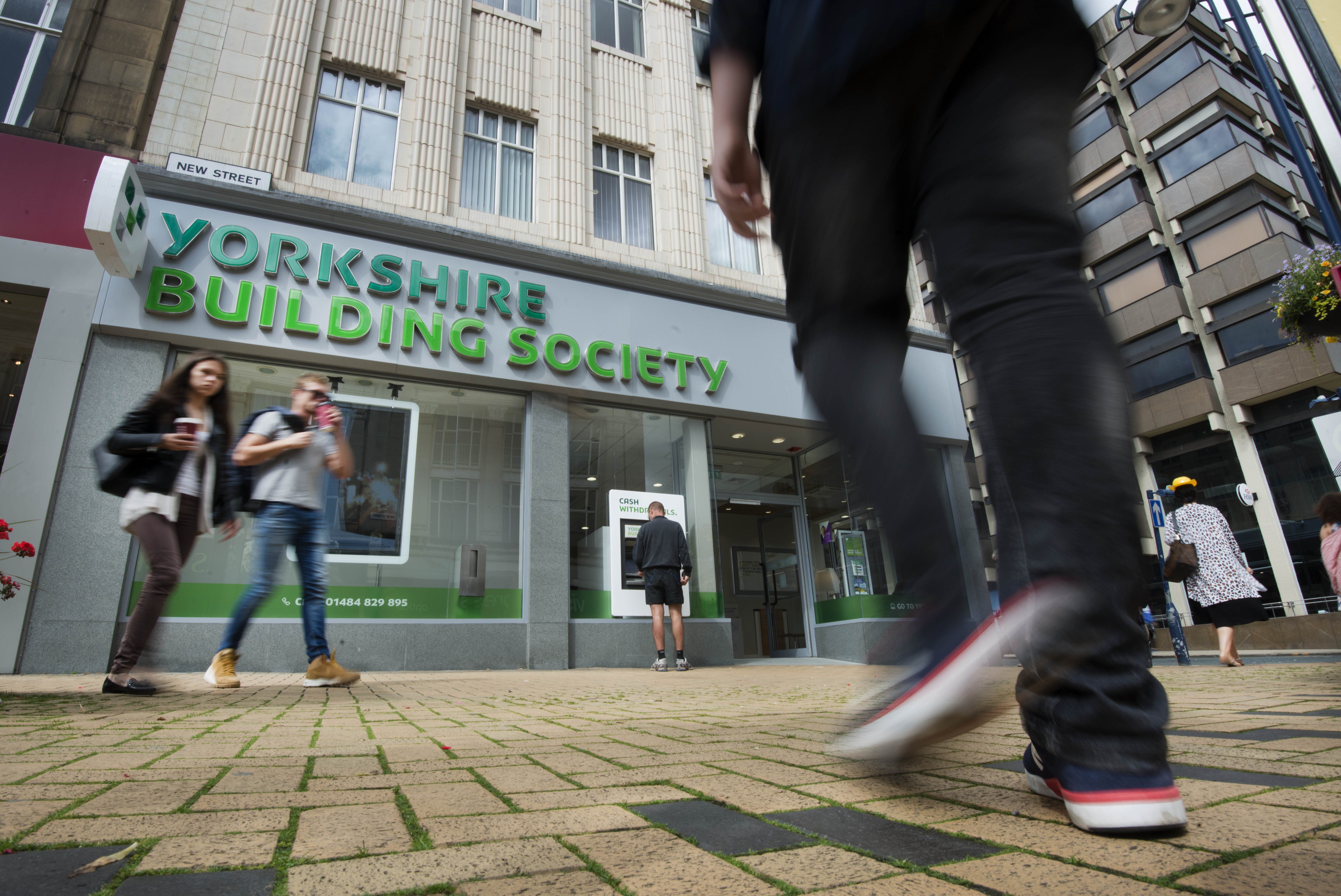SUNAK SUPPORT FOR COST OF LIVING CRISIS WELCOME BUT MORE NEEDED FOR STRUGGLING HOUSEHOLDS | YBS
SUNAK SUPPORT FOR COST OF LIVING CRISIS WELCOME BUT MORE NEEDED FOR STRUGGLING HOUSEHOLDS
Nitesh Patel, Yorkshire Building Society’s Strategic Economist comments on the Chancellor’s Spring Statement:
With concerns about inflation now having a major impact on businesses and households across the country, the primary focus of the Chancellor’s statement was only ever going to be on plans to ease the cost of living pressure.
News of better than expected tax receipts will have been welcome for a Chancellor who feels he must strike a careful balance between offering support and fiscal responsibility after unprecedented pandemic-related spending. As a result, the Chancellor felt more able to offer some extra support to households, which will come as some relief to those in his own party who have been calling for the Government to do more.
Nevertheless, I expect that the steps the Chancellor outlined today will offer only limited help in easing the strain now felt by most people. There may be more to come in the Autumn Budget, but already struggling households can’t afford to wait until then.
A quarter of Brits have less than £250 in savings to fall back on
The current rate of inflation of 6.2% is principally driven by global fuel prices, but as the energy price cap is raised next month I expect it to go as high as 8.5%. If the price cap needs to be increased again later this year we could see inflation reach 10% or more.
This will have a big impact on households as, although the jobs market is strong, wage increases will not even get close to matching the rising cost of living.
The pressure is not new for many lower-income households, who were more likely to be in financial difficulty during the Covid-19 pandemic, and will now need to spend an even greater proportion of their income just to get by.
Many families will need to rely on savings, however research commissioned last week by Yorkshire Building Society found that a quarter of Brits have less than £250 in savings to fall back on.
For those who have found it more difficult to save during the pandemic, or don’t save at all, relying on savings may not be an option.
That’s why I feel the Chancellor should go further still, and target additional support beyond that outlined today at lower-income households where the struggle is already being felt the most. Longer-term, the Government should consider how to support all people to build financial resilience through saving, so they have a safety net to rely on in a cost of living crisis.
Beginning to impact the housing market
Because most homeowners are locked into long-term fixed rate mortgage deals, it tends to take longer for inflationary pressure to be felt in the housing market.
The market has been buoyant until now, with the number of first-time buyers at a 20-year high in 2021. However we’re now starting to see signs of activity slowing, and as inflation begins to have more of an impact on mortgages I expect it to slow further still.
As well as making it more difficult for families to secure a suitable home of their own, a slowdown in the housing market could have a knock-on impact for the millions of people whose jobs rely on the home-moving process – including those who work for removal firms, to solicitors, builders, new furniture manufacturers and decorators.
The Chancellor will be acutely aware that this is an outcome that needs to be avoided, and should consider how to preserve the health of the housing market and ensure that homeownership remains accessible. To this end, I would encourage the Chancellor to look at reforming Stamp Duty so that it doesn’t act as a barrier to households in securing a home suitable for their needs.
All information correct at time of publication.
W18-22







